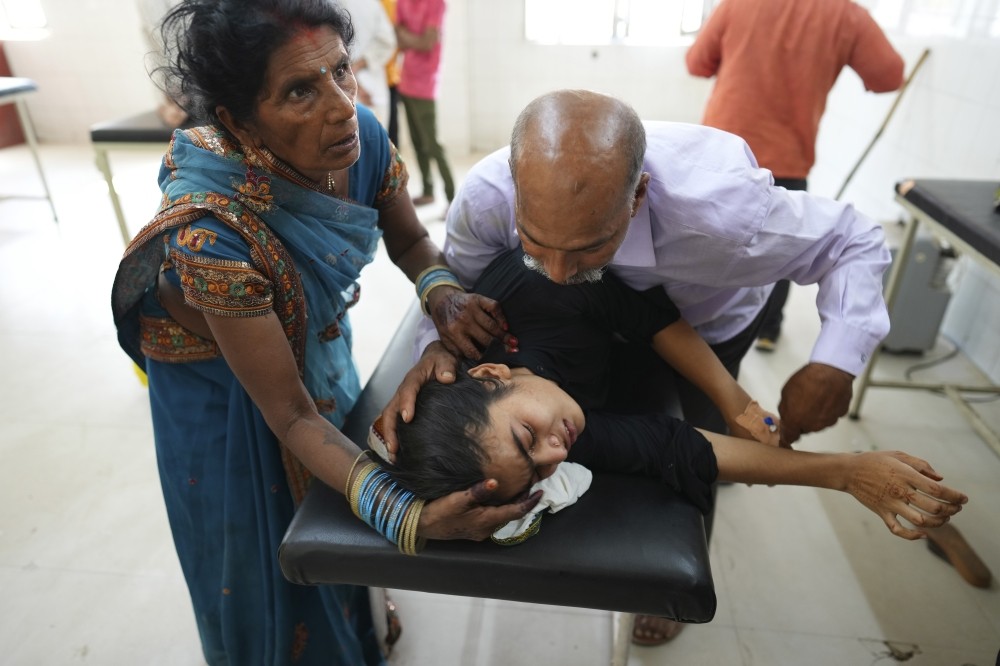04/07/2024
04/07/2024

BENGALURU, India, July 4, (AP): Months of scorching temperatures sometimes over 50 degrees Celsius (122 Fahrenheit) in parts of India this year - its worst heat wave in over a decade - left hundreds dead or ill. But the official number of deaths listed in government reports barely scratches the surface of the true toll and that's affecting future preparations for similar swelters, according to public health experts.
India now has a bit of respite from the intense heat, and a different set of extreme weather problems as monsoon rain lashes the northeast, but for months the extreme heat took a toll on large swaths of the country, particularly in northern India, where government officials reported at least 110 heat-related deaths.
Public health experts say the true number of heat-related deaths is likely in the thousands but because heat is often not listed as a reason on a death certificate many heat deaths don't get counted in official figures. The worry, they say, is that undercounting the deaths means the heat wave problem isn't as prioritized as it should be, and officials are missing out on ways to prepare their residents for the scorching temperatures.
All of India’s warmest years on record have been in the last decade. Studies by public health experts found that up to 1,116 people have died every year between 2008 and 2019 due to heat.
As part of his work in public health, Srinath Reddy, the founder of the Public Health Foundation of India, has advised state governments on how to factor in heat when recording deaths.
He found that as a result of "incomplete reporting, delayed reporting and misclassification of deaths,” heat-related deaths are significantly undercounted around the country. Despite national guidelines for recording deaths, many doctors - especially those in overcrowded public hospitals where resources are already strained - don’t follow it, he said.


